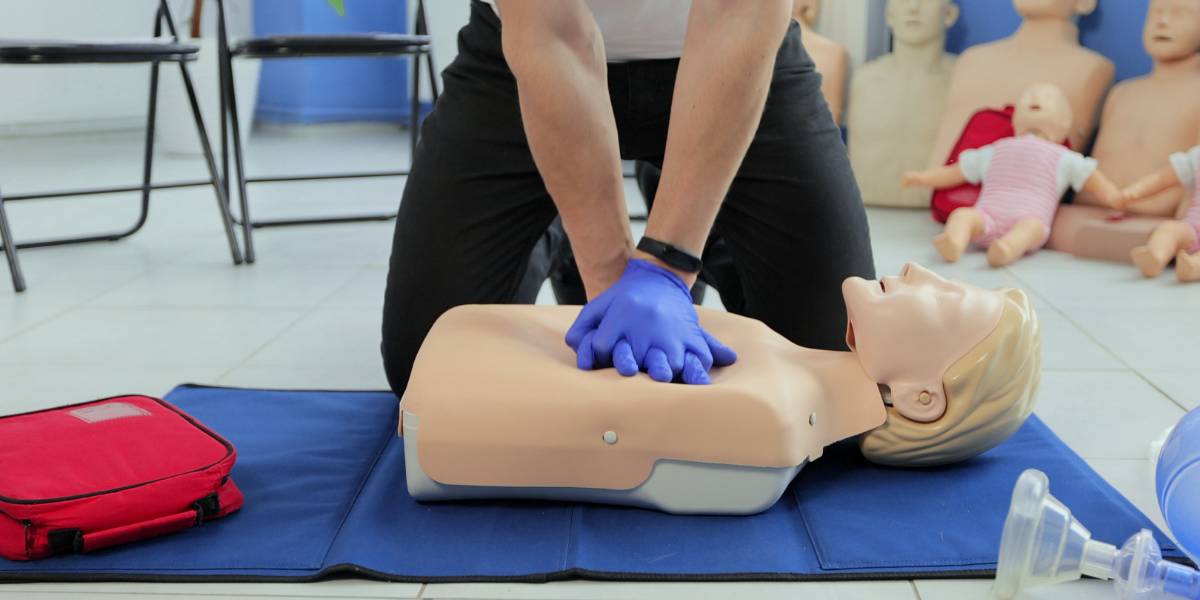People recovering from heart failure benefit from a treatment plan that includes care for depression, researchers have demonstrated.
A new trial saw specially trained nurses, working under the guidance of a cardiologist, psychiatrist and primary care doctor, deliver blended depression and heart failure care over the telephone.
- Virtual CBT therapy benefits people with depression, evidence identifies
- Antidepressants may help to reduce risk of death among people with both diabetes and depression
After 12 months, researchers found that people who had received blended care reported improved wellbeing, more energy and better mood, compared to those who received standard care.
The team from the University of Pittsburgh in America recruited 756 people with heart failure, which included 629 people with depression, for the Hopeful Heart Trial. Specially trained nurses, taking advice from a cardiologist and psychiatrist, relayed treatment recommendations to both the study participants and their doctors. They followed it up with regular telephone calls and suggested adjustments in care where needed.
The study’s lead author and professor of medicine at the University of Pittsburgh, Dr Bruce Rollman, said: “Heart failure is one of the most common cardiovascular diseases in the United States, and it’s growing even more prevalent as the population ages. I’m very excited about our results because they show that we can successfully train medical nurses to deliver effective depression care as part of heart failure care management they may already be delivering, and that this pragmatic approach can significantly improve patients’ mood and help them regain a better quality of life.”
Despite the fact that depression occurs in up to half of people with heart failure, cardiologists don’t often screen their patients for the condition. Depression has been associated with less observance to heart failure care recommended by medics, along with a higher risk of mortality and increased rates of readmission to hospital.
- Being an early riser ‘significantly’ lowers risk of depression
- Researchers to investigate whether heat could help treat depression
Dr Rollman said: “Depression often goes unrecognised and untreated in heart failure patients, and we are encouraged that our integrated approach to addressing depression was not only effective, but that it can be easily scaled up and expanded nationally.
“A ‘blended’ collaborative care that is built on existing systems of care also may enable organised health care systems such as UPMC to deliver effective first-line care for depression and other mental health conditions to patients with complex medical conditions.”
The study has been published in JAMA Internal Medicine.







